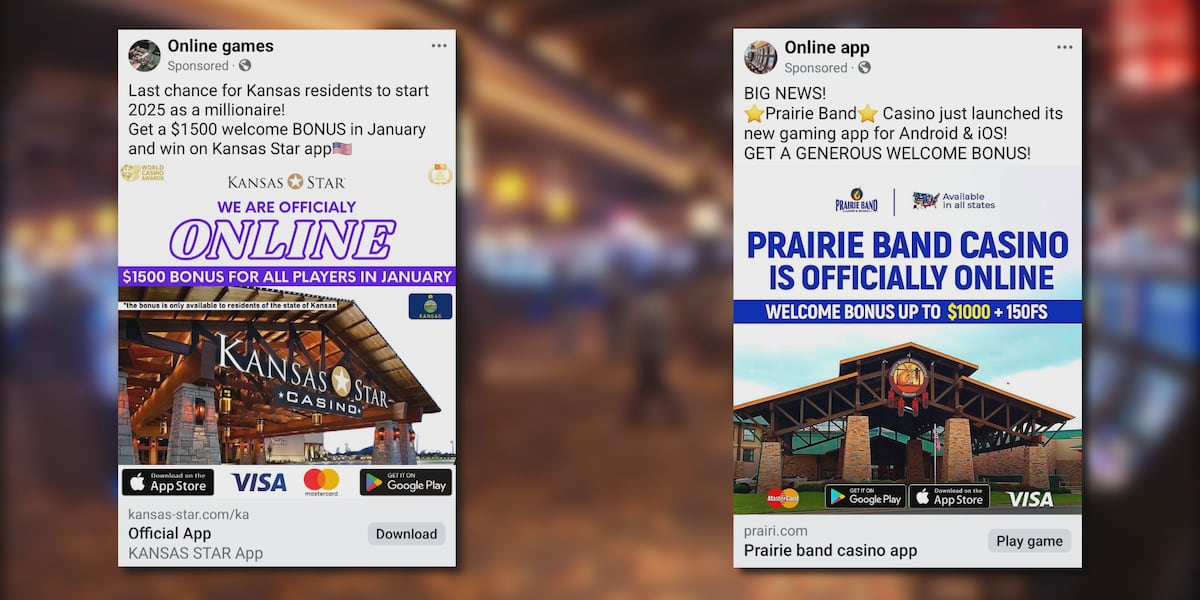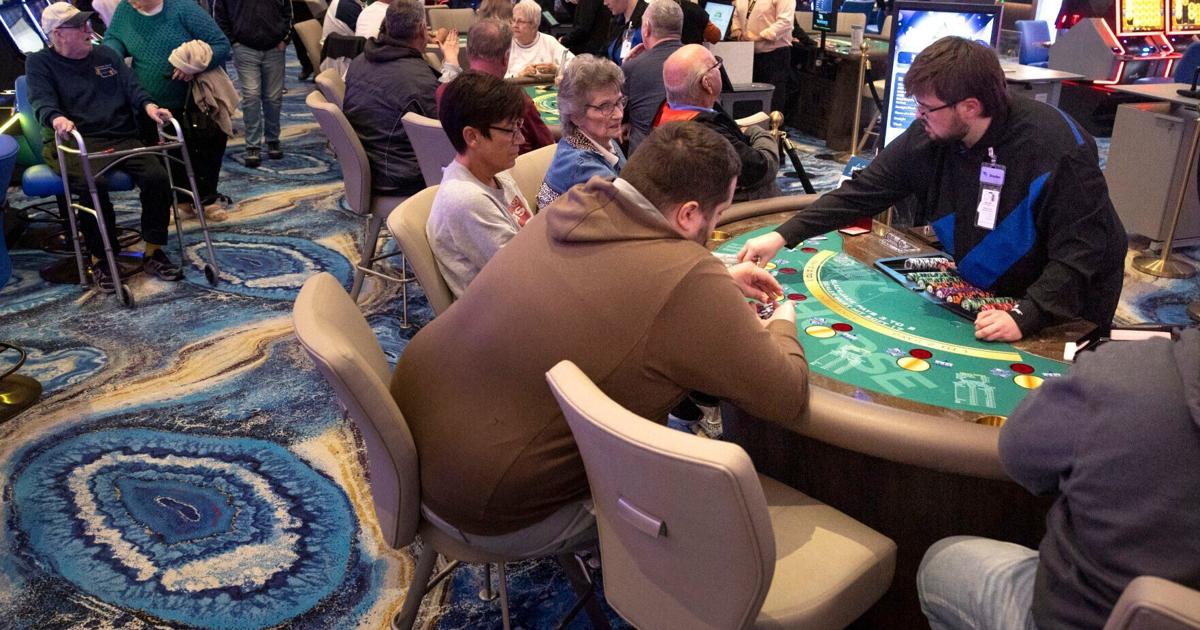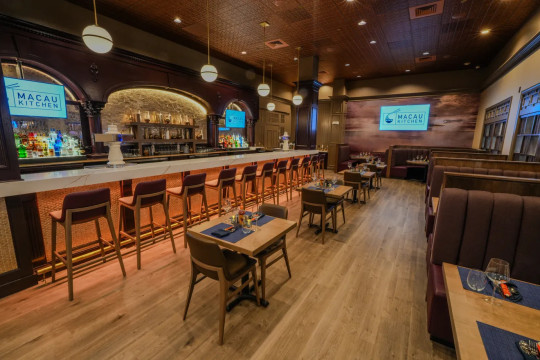At Lucky Chances in Colma on a recent Tuesday afternoon, the parking lot was packed, the air was full of Marlboro smoke, and card players were happily (or sadly) trying their luck.
It’s a scene that might soon become rare if a coalition of California’s most powerful Native American tribes get their way in court.
A lawsuit filed this month challenges the ability of the small gambling dens that dot the state to offer blackjack, baccarat, pai gow, and other games that make up a huge portion of their revenue.
The tribes argue that the independent card rooms are skirting state law by offering illegal games. The suit names more than 80 defendants, including Lucky Chances and other local establishments Oaks Card Club in Emeryville and Artichoke Joe’s Casino in San Bruno.
Lucky Chances general manager Dustin Chase declined to comment on the suit.
“Most people who come here don’t even want it to be known that they visit us,” Chase said. “They just want to peacefully enjoy themselves away from public view.”
The lawsuit was enabled by SB 549, which went into effect Jan. 1. The law allows tribes to bring legal action against card rooms they claim are operating gambling establishments in violation of state law. The tribes filed the suit in Sacramento Superior Court on the first day the courts reopened in 2025.
The suit hinges on what the tribes claim are their exclusive rights to offer banked casino games in which a single entity acts as the “house” by paying all winners and collecting from all losers.
Card rooms — organized under the umbrella of the California Cardroom Alliance — drummed up millions in lobbying dollars in a failed effort to kill the bill, painting the legal liability as an existential risk to their business model. According to the alliance, there are 88 licensed card rooms in the state, operating more than 1,900 tables.
The alliance claims that card rooms adhere to the ban on banked games by allowing players the chance to act as the dealer at each table.
“We are confident that California’s card rooms are operating table games in full compliance with the law, just as they have done for decades,” California Gaming Association President Kyle Kirkland said in a statement. “This attempt by tribal casinos to shut down lawful competition by tax-paying California businesses will fail.”
Card room supporters claim that the closure of the businesses would negatively affect tax revenue and public services in the cities where they are located. Artichoke Joe’s, for example, paid San Bruno almost $2 million in taxes in 2019, enough to fully fund the city’s library, streets, and public works budgets.
The card rooms helped to fund challenges against lawmakers who supported SB 549, defeating the bill’s author, state Sen. Josh Newman of Fullerton, in his reelection campaign.
The tribes’ lawsuit claims that card rooms have expanded from their initial purpose as poker venues into illegally offering banked games. The suit claims that many card rooms employ third-party entities acting as bankers for the games and fail to rotate the player-dealer continuously, as required by law.
If the tribes are successful in their suit, card rooms will be limited to a much smaller selection of games, or will be forced to close.
At Artichoke Joe’s this week, it was business as usual for the time being. Several dozen people clustered around gaming tables on red-and-gold carpeting, chatting while waiting to play under the low hum of 1980s soft-rock hits.
On one side of the century-old card room is a restaurant that the business proudly notes is San Mateo County’s only 24-hour spot for American and Chinese cuisines.
Inside the casino, general manager Mike Koniski said he knew of the lawsuit but had no comment. He then gave The Standard a polite, but firm, request to vacate the premises.





